
The Puerto Rico Treasury Department reported Thursday preliminary revenue for July 2014, the first month of the current fiscal year, reached $624 million, up $129 million, or 26 percent, from the total on record for the same month last year.
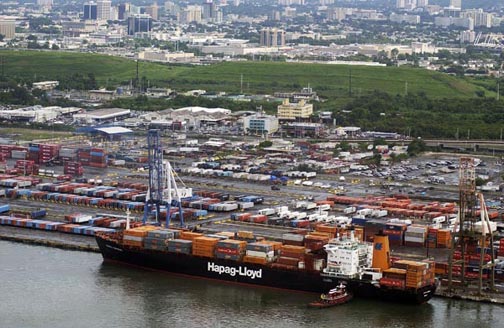
The Puerto Rico Treasury Department has pushed back the start of collections of Sales and Use Tax (known as IVU in Spanish) for merchandise coming through the island’s ports by a month, to Aug. 1, agency officials said Monday.

Economist and former Clinton administration official Robert Shapiro said Tuesday the Treasury Department’s decision to nullify an agreement that would have granted Doral Financial Corp. a $230 million tax refund has “serious implications” on the potential to attract future investments, as well as on the island’s economic growth.
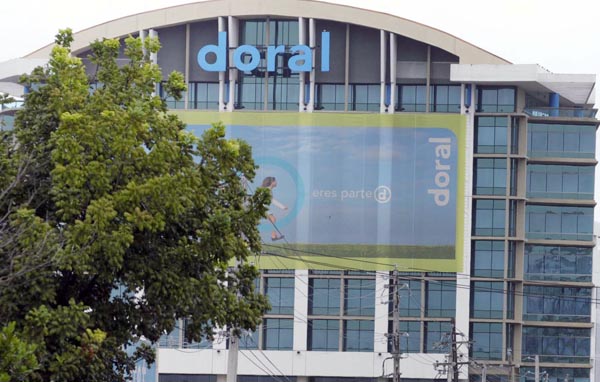
Doral Financial Corp. has hired a couple of Washington, D.C-based firms to back up its fight against the Puerto Rico government’s decision to rescind on an agreement signed in 2012 granting the bank a $230 million tax refund.

Some companies from the U.S. mainland operate in Puerto Rico directly vs. through Controlled Foreign Corporations. They pay federal income tax on their territorial income at the normal 35 percent rate.

Most manufacturing in Puerto Rico is done by subsidiaries of companies based in the States organized in foreign tax havens to avoid Commonwealth as well as federal taxes. Income of the subsidiaries is not federally taxed unless transferred to the parent company, when it would then owe the 35 percent corporate income tax rate.

The Puerto Rico Marketing, Industry and Food Distribution Chamber (MIDA for its Spanish acronym), filed a lawsuit Thursday against the government, asking the San Juan Superior Court to declare the so-called “national tax” unconstitutional and order the Treasury Department to immediately publish exemption regulations.
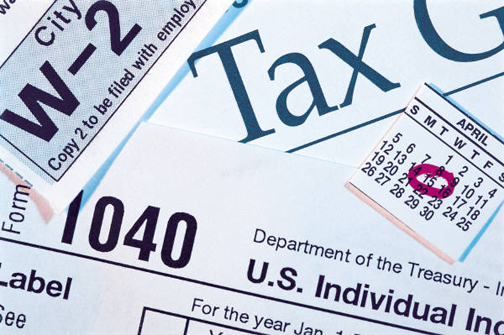
The Made in Puerto Rico Educational Institute of the Puerto Rico Products Association will offer a seminar titled “Impact of the changes to Puerto Rico’s tax system on your business,” which aims to provide guidance on the recently enacted changes to the island’s tax code and their impact on local companies.

Puerto Rico Treasury Secretary Melba Acosta said Monday the tax amnesty that concluded June 30 shored up $255 million for the government, beating expectations by 27 percent. The agency initially projected it would collect $200 million through the campaign.

In a letter sent Wednesday to Puerto Rico lawmakers, Virginia-based trade group Retail Industry Leaders Association members warned that a proposed gross receipts tax amendment would have “devastating effects” for retailers doing business on the island.
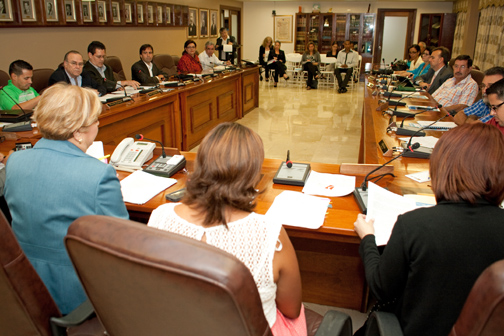
Worried about the potentially harmful effects that eliminating the business-to-business sales tax exemption would have on their businesses, retail executives recently concluded that if the Treasury Department want to increase its revenues, it needs to “correct and streamline” the process of capturing the sales and use tax to collect from evaders.
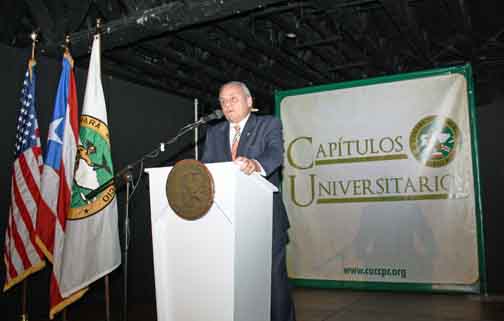
Criticism to the bill proposing amendments to Puerto Rico’s sales and use tax code poured in Thursday from many of the island’s most prominent professional organizations, which essentially agreed that eliminating certain exemptions would have a “devastating” effect on businesses and consumers.
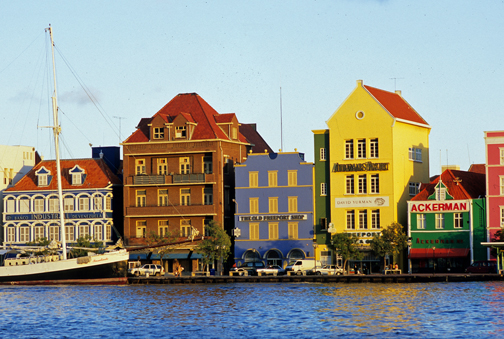
Economic difficulties in Curaçao — the largest Dutch-speaking island in the recently dissolved Netherlands Antilles confederation — as well as political uncertainty in nearby Venezuela, are affecting retailers ahead of a planned hike in the country’s sales tax on luxury products such as perfumes, jewelery and electronics from 6 percent to 9 percent.
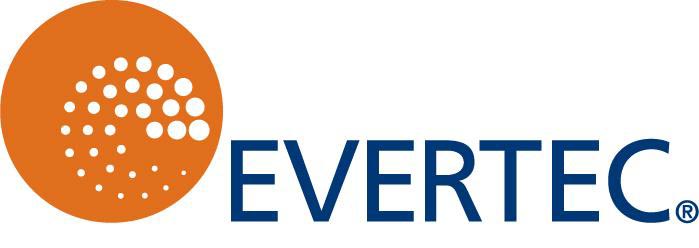
Evertec Group, LLC has received a 15-year tax grant from the Puerto Rico government under the Tax Incentive Act 73 of 2008, in exchange for several long-term commitments including a $200 million investment during the life of the benefit, company officials said.




NIMB ON SOCIAL MEDIA